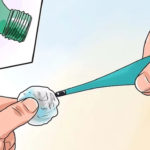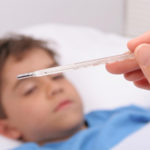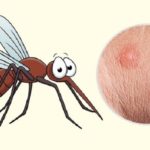1. What is Hyperthermia?
Hyperthermia is defined as an increase in body temperature above the normal body temperature of 37 degrees Celsius. When the body temperature becomes excessively high, it becomes a medical emergency and can lead to death or other debilitating complications.

Reasons for Hyperthermia
Hyperthermia can occur due to several factors:
- Hot weather or engaging in excessive physical activity causes the skin to sweat excessively in order to regulate internal temperature. However, if this persists, the body’s ability to effectively respond and cool down becomes compromised, leading to hyperthermia.
- Extended exposure to sunlight
- Inadequate hydration
- Living or working in hot and stuffy environments
- Underlying health conditions such as heart disease, kidney disease, lung disease, high blood pressure, poor circulation, decreased sweating, underactive sweat glands, obesity, etc.
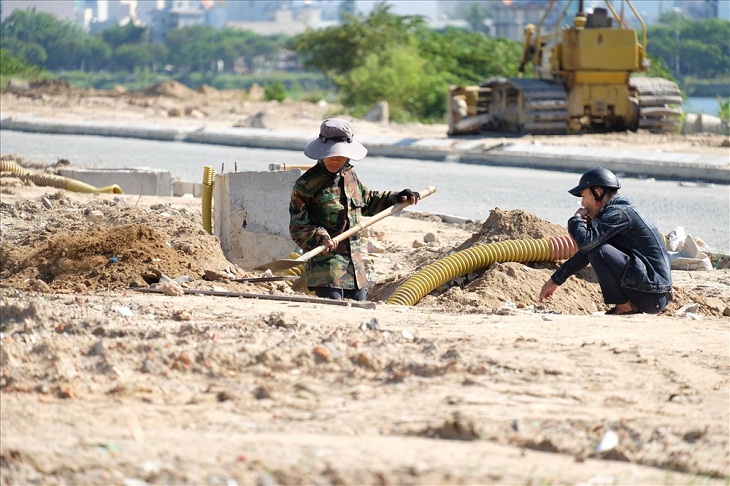
Individuals Prone to Hyperthermia
Some individuals are more susceptible to hyperthermia, including:
- Those who frequently work outdoors in hot weather conditions such as construction workers, farmers, and firefighters.
- Individuals taking medications for high blood pressure and heart disease, as certain medications can reduce sweating and increase the risk of hyperthermia.
- Elderly individuals and children who may have a decreased awareness of changes in body temperature or lack proper rest and protection from excess sunlight.
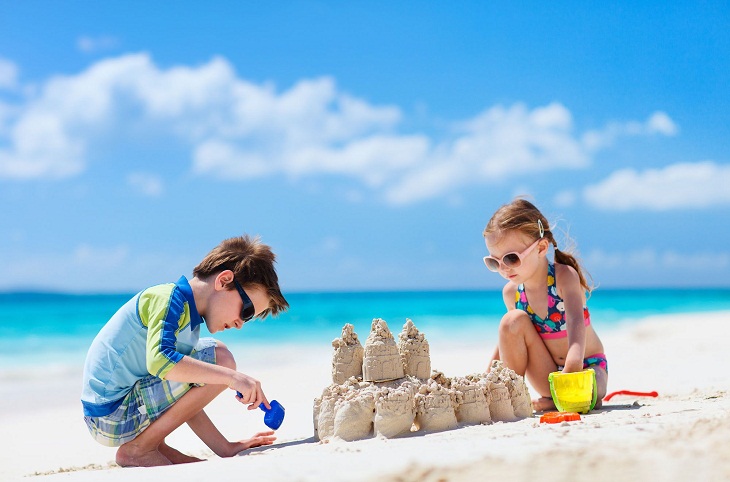
Symptoms and Manifestations of Hyperthermia
Hyperthermia presents various symptoms, including:
- Heat stress: the body’s response to stress caused by hot weather
- Heat fatigue: weakness and cold sensation due to high temperature. In severe cases, fainting may occur.
- Heat syncope: sudden weakness, dizziness, and fainting due to high outdoor temperatures.
- Heat cramps: muscle spasms caused by a lack of salt in the body.
- Heat edema: swelling of hands and ankles from prolonged sitting or standing in a hot environment.
- Heat rash: appearance of red spots or pimples on the skin due to prolonged exposure to heat and excessive sweating.
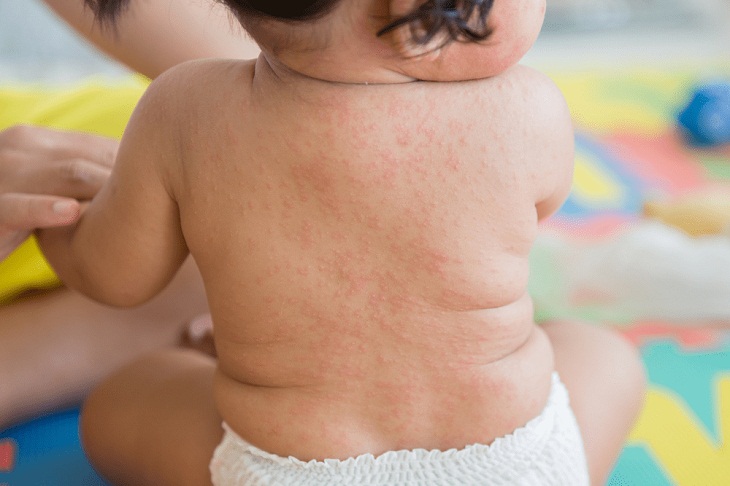
2. How to Deal with Hyperthermia
When faced with an increase in body temperature due to hyperthermia, it is important to take the following steps:
Immediate Treatment
To effectively manage hyperthermia, it is crucial to identify the underlying cause and address it accordingly. For instance, if the cause is prolonged sun exposure, the affected individual should be moved to a cool and well-ventilated area. Providing them with water to drink can also help alleviate symptoms. If the increase in body temperature is a side effect of medication, it is advised to discontinue use and seek immediate medical attention.
Cooling the body is the fastest way to address hyperthermia. Apart from relocating the person to a cooler environment, it is important to ensure they are dressed in comfortable and lightweight clothing.
Depending on the situation, applying cold and wet towels to specific areas like the neck, armpits, wrists, or groin can help reduce body heat.
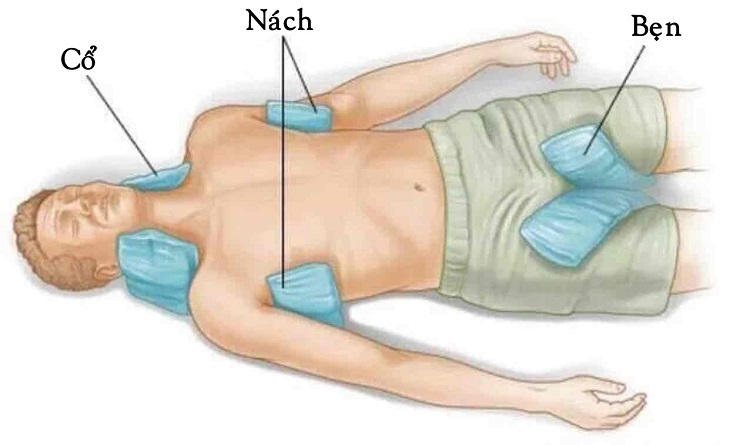
Treatment after First Aid
After providing initial first aid, it is important to monitor the individual’s body temperature and ensure it has decreased and stabilized.
In cases of severe hyperthermia like heat stroke, it is necessary to transfer the person to a hospital or medical center for specialized treatment and monitoring by healthcare professionals.
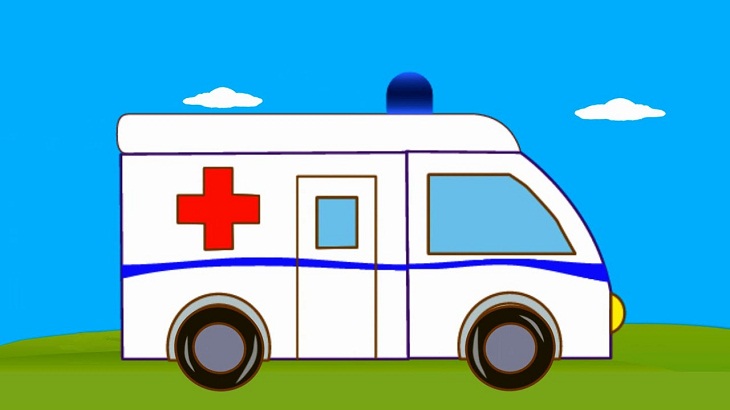
Notes for Providing First Aid to Individuals with Hyperthermia
- Identify the underlying cause of hyperthermia to provide appropriate and timely remedial measures.
- Move the affected person to a cool environment and remove any unnecessary clothing.
- Offer water to drink if possible.
- If hyperthermia symptoms persist or worsen, promptly transfer the individual to a medical facility for emergency treatment.
- In cases of heat stroke or circulatory arrest, provide first aid by administering breaths and chest compressions while waiting for professional medical assistance.

3. Preventing Hyperthermia: Important Considerations
To avoid hyperthermia, it is essential to take the following precautions:
- Avoid prolonged exposure to sunlight by wearing protective clothing and limiting time spent in direct sunlight.
- Wear lightweight cotton clothing.
- Avoid activities that contribute to increased body temperature.
- Avoid excessive consumption of alcoholic and caffeinated beverages.
- Cool the body during hot and humid weather.
- Stay sufficiently hydrated by drinking an adequate amount of water and other fluids daily. Experts recommend drinking 8 glasses (approximately 1600 ml) of water per day or even more depending on gender.
- Consider using electrolyte solutions on hot and sunny days to replenish water and electrolytes.
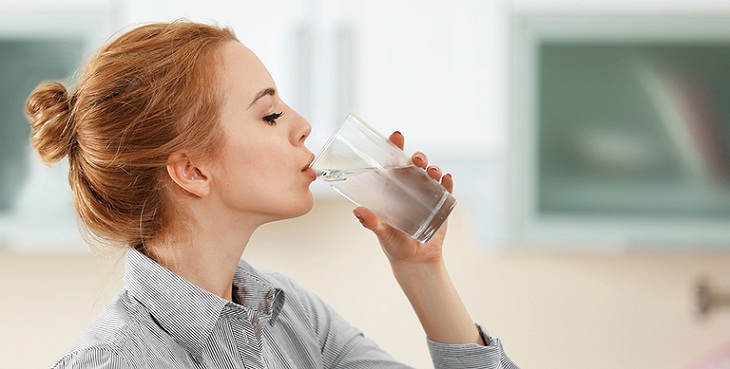
Reference: Health and life
With the information provided, it is hoped that you now have a better understanding of hyperthermia, its symptoms, and how to handle increased body temperature effectively.


























